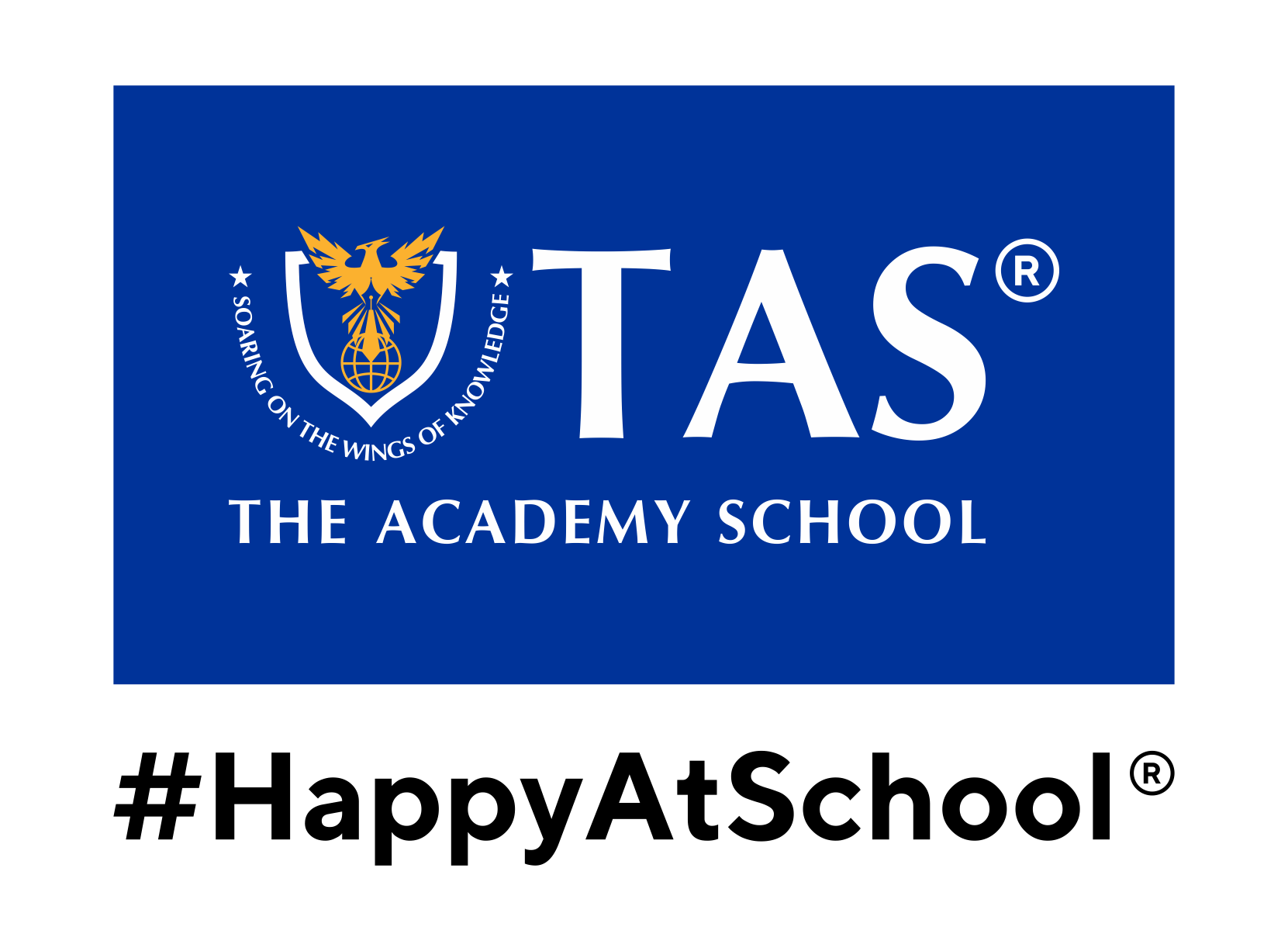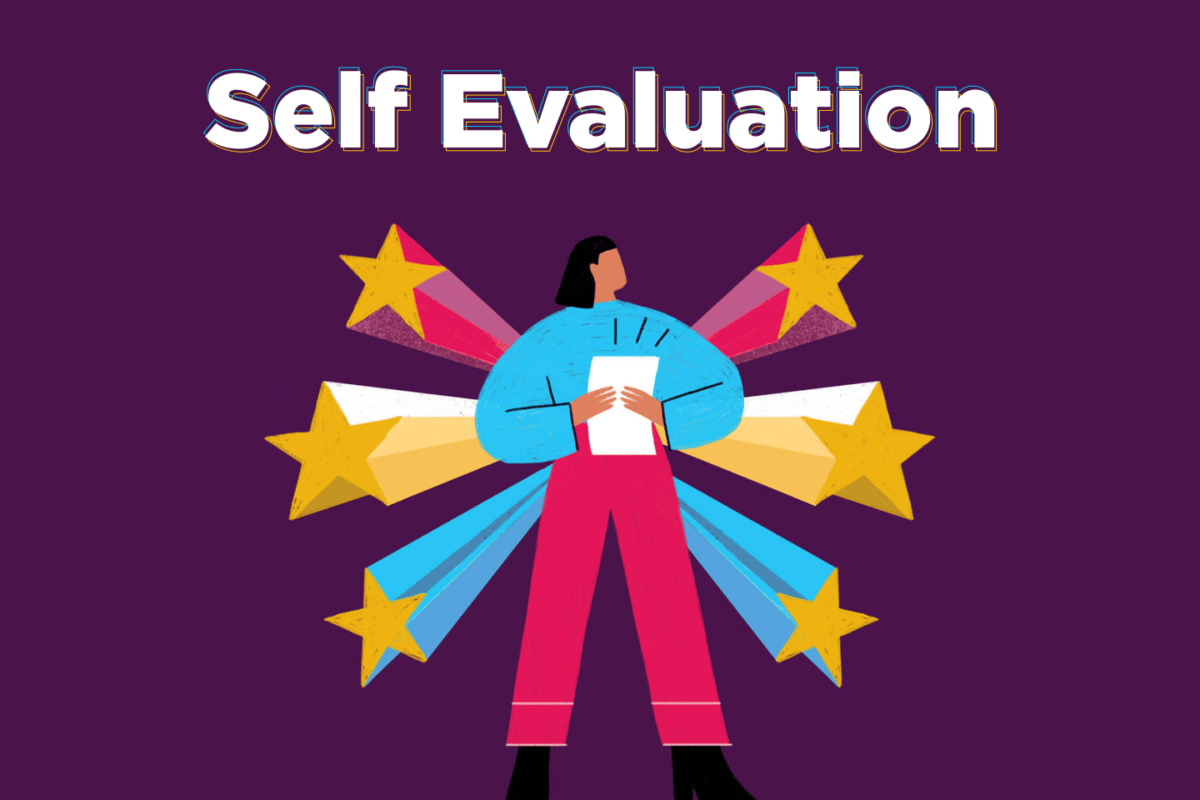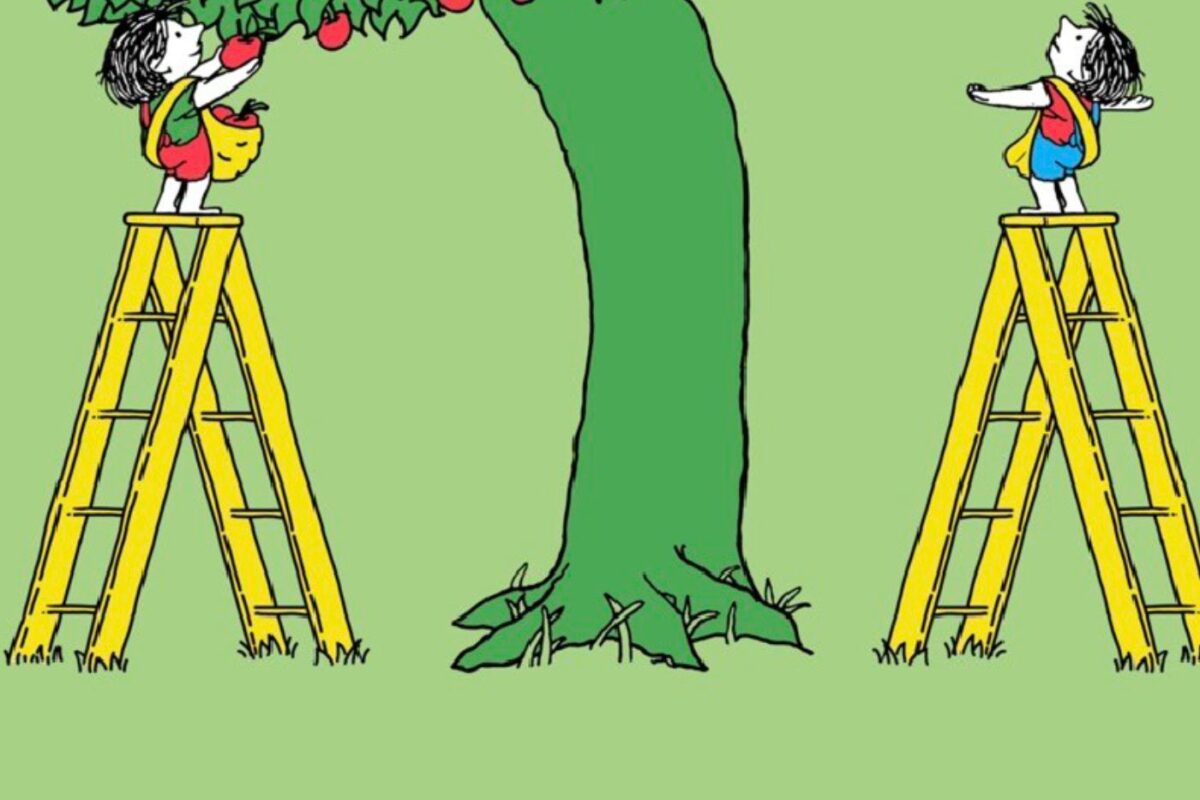Self Evaluation:
What is success? Success isn’t something that comes right at your doorstep, it is something we all achieve with our efforts. It is like the Everest summit that we want to conquer, or like a target, we wish to achieve before a particular deadline. But how do you achieve such things? By learning from your mistakes or your past experiences. When you understand your strategies and evaluate them into your work you get what you wish for, Success.
This brings us to our next and most important aspect in the early education of your child. Every child should learn Self – Evaluation while growing up. Just like reading, writing, or mastering any activity, it is equally essential for your child to master the techniques and methods of Self-Evaluation in their early childhood education. With the help of the best education system in the world, Finnish education, we believe in improving the quality of education by providing the right teaching that will help students in their lifelong careers.
What is self-evaluation?
As the 21st Century is a generation of digital education and E-learning Self – evaluation is something we have to practice on our own. Self-evaluation is a procedure to systematically observe, analyze and value your activities and their results to stabilize or improve them in the future. This can take place on an individual or an organizational level.
What’s the purpose of self-evaluation?
Every student is born with uniqueness and it is our responsibility to nurture their dreams, allow them to explore their interests, and provide them the best education they deserve. The Objective of Finland education is to raise the level of competence, expertise, and education for students at TAS, and making it possible to support the changes in society by enabling equal opportunities. The purpose is to offer every student the possibility to design the appropriate path to finishing an entire qualification or a supplementary skill set.
Importance of self-evaluation
The self – Evaluation process helps in highlighting your strengths, enhances your performance, enables the potential to recognize your weaknesses, and helps develops unused skills and abilities.
Benefits of Self – Evaluation:
- Increases self-awareness through reflective practice which will help students in effective learning.
- Contributes to the development of critical reviewing skills.
- Enables the student to evaluate their performance more objectively.
- Helps students to take control of their learning and assessment, and allows them the chance to manage their learning and development more independently.
- The active involvement of students, enables them to recognize their strengths and areas they need to improve.
Conclusion:
TAS is the first school in Maharashtra to introduce the Finnish education curriculum to our children for Children’s well-being and holistic future children. With Finland’s school system we believe in creating a marvelous future for our children with discipline, love, and support of the best education system, that will accompany them for a lifetime.
Our approach is in providing a holistic education that will allow the students to build a future with courage, smartness, and integrity. We believe in nurturing tomorrow’s bright generation with the most flexible education system. With the Finland school curriculum and with the new learning environment, we inspire children to self-evaluate themselves, find their true potential, and do what they love.




